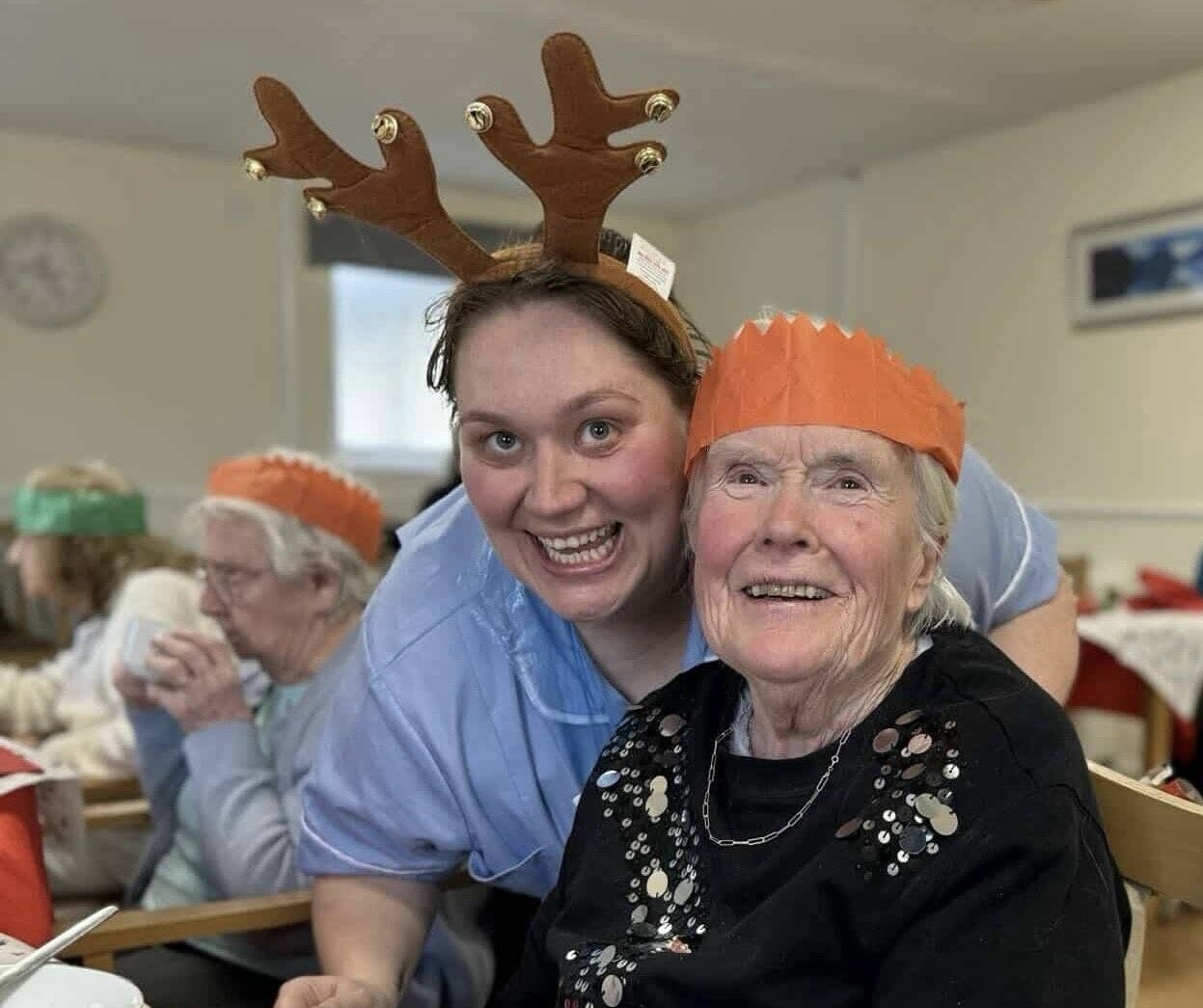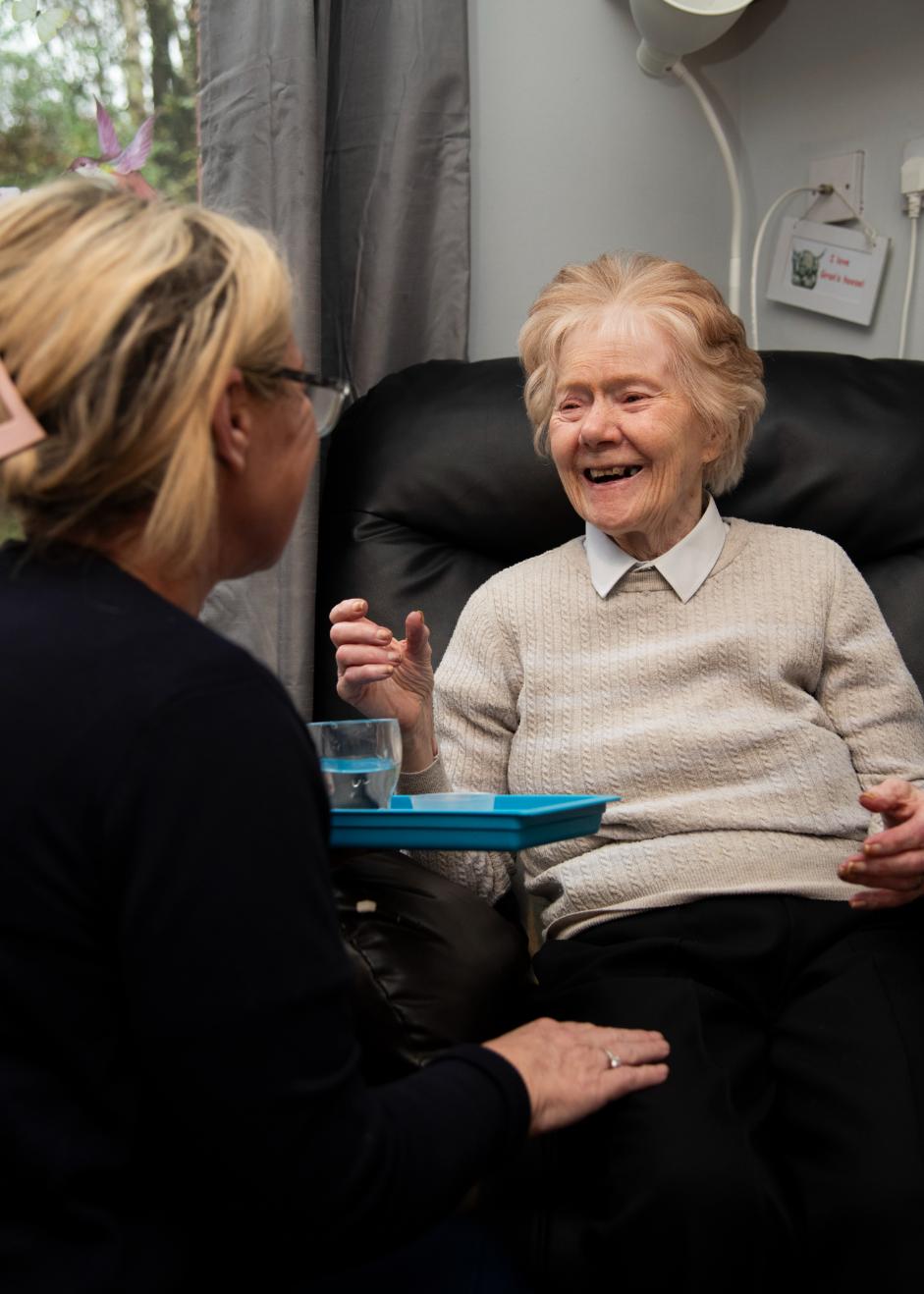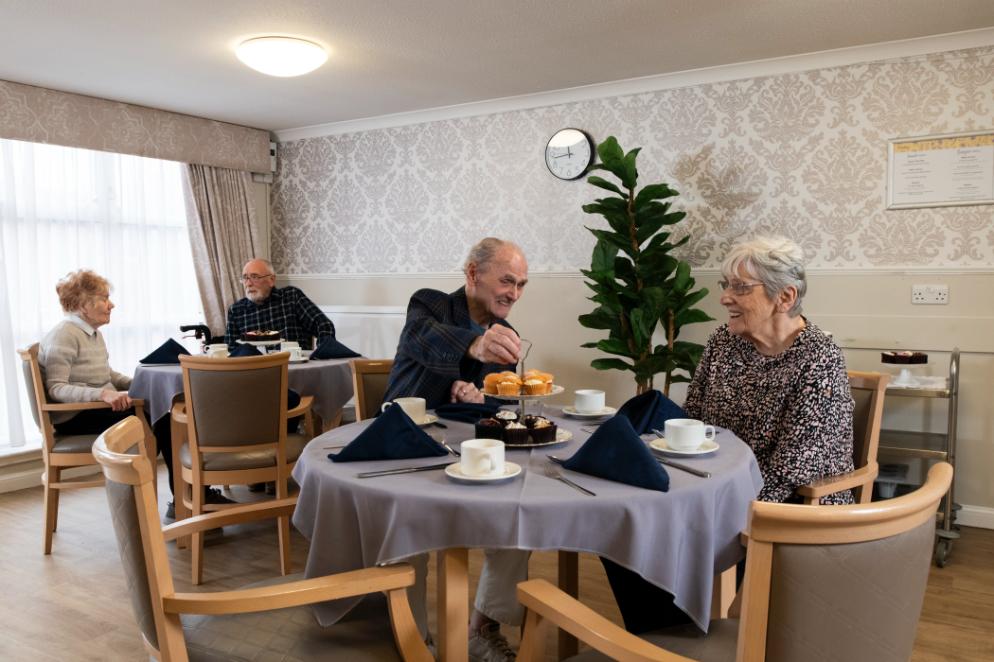Most Important Questions to Ask When Visiting a Care Home
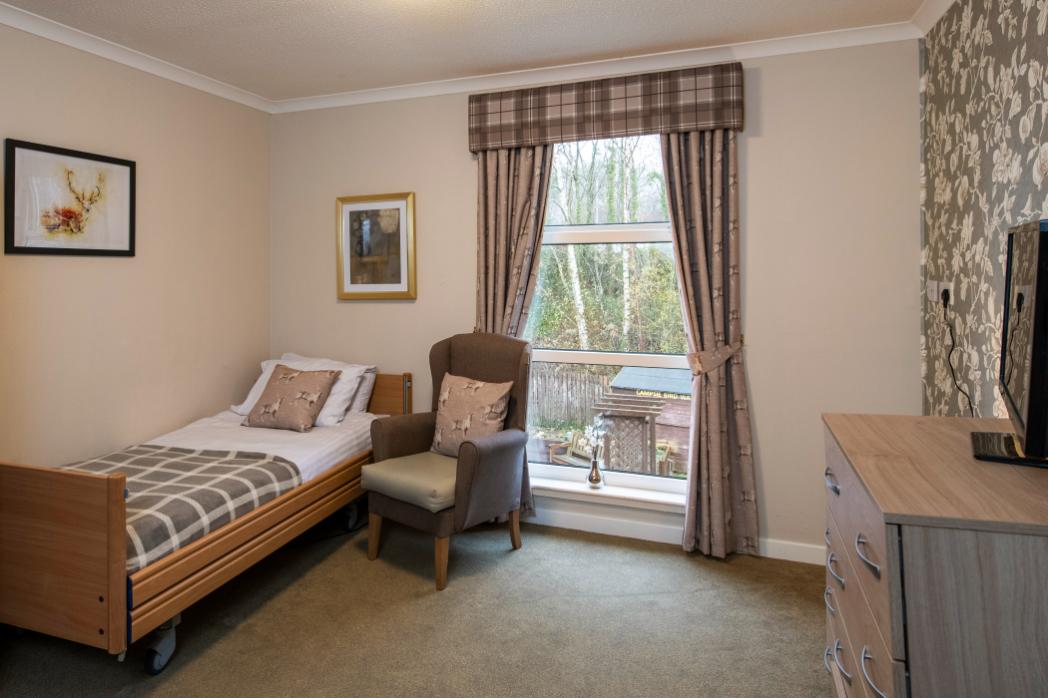
Choosing the right care home for a loved one can be one of the most significant decisions a family will ever make. With so many factors to consider - ranging from the quality of care to everyday comforts - it's vital to ask the right questions during your visit. This guide covers the most important questions you should be asking during a care home visit, helping you find the right place where your loved one can live safely happily, and with dignity.
Whether you're exploring options for residential care, nursing care, or end of life care, this checklist will support you in making an informed and confident decision.
What Type of Care is Offered?
Before anything else, clarify what kind of care the home provides. Is it a residential home for those who need help with daily tasks? Or a nursing home that offers 24-hour nursing care? Perhaps the care home caters for people with sensory impairments, dementia, or provides end of life care?
Understanding the home's care specialities ensures you're selecting a place tailored to your loved one's needs - now and in the future.
What Are the Staff-to-Resident Ratios?
Ask about the staff to resident ratio (sometimes referred to as the staff ratio). A good care home ensures that staff have enough time to give personalised attention to each resident. You'll also want to ask how often this ratio is reviewed and how cover is handled during staff absences.
You might also ask: Are staff trained in dementia care, mobility aid use, and specialist support for sensory impairments?
What is the Daily Routine Like?
Understanding the daily routine will give you a clear picture of what life is like for residents. Are there structured daily activities? Do residents spend time in small groups, or is more one-to-one interaction offered? How much opportunity is there for fresh air, exercise, or day trips into the local community?
Ask if residents are encouraged to pursue hobbies, try new activities, and socialise in communal areas.
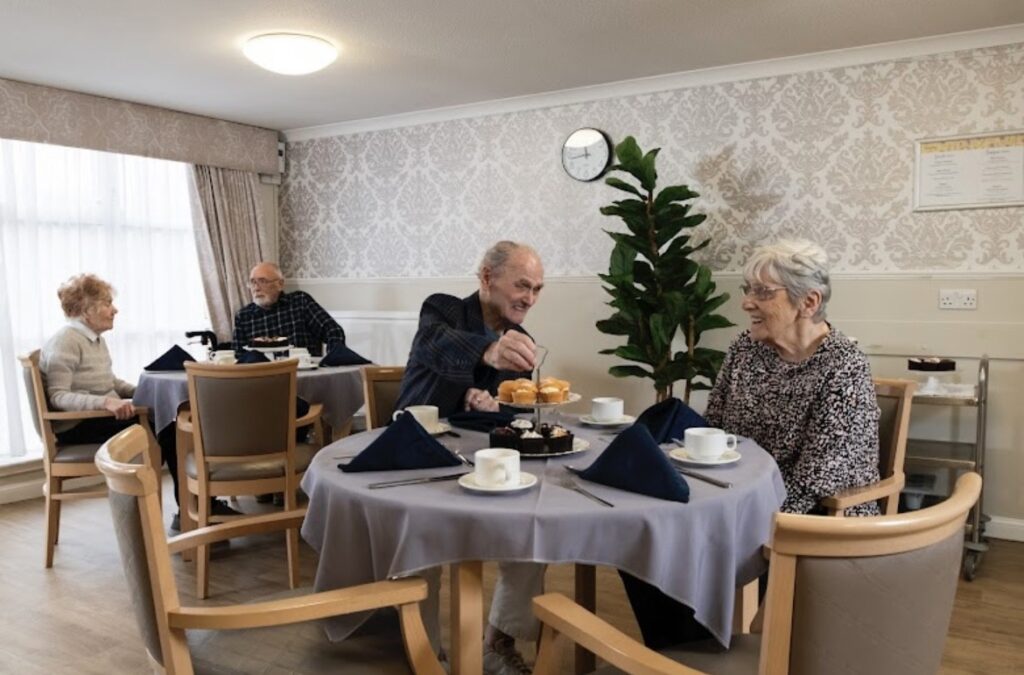
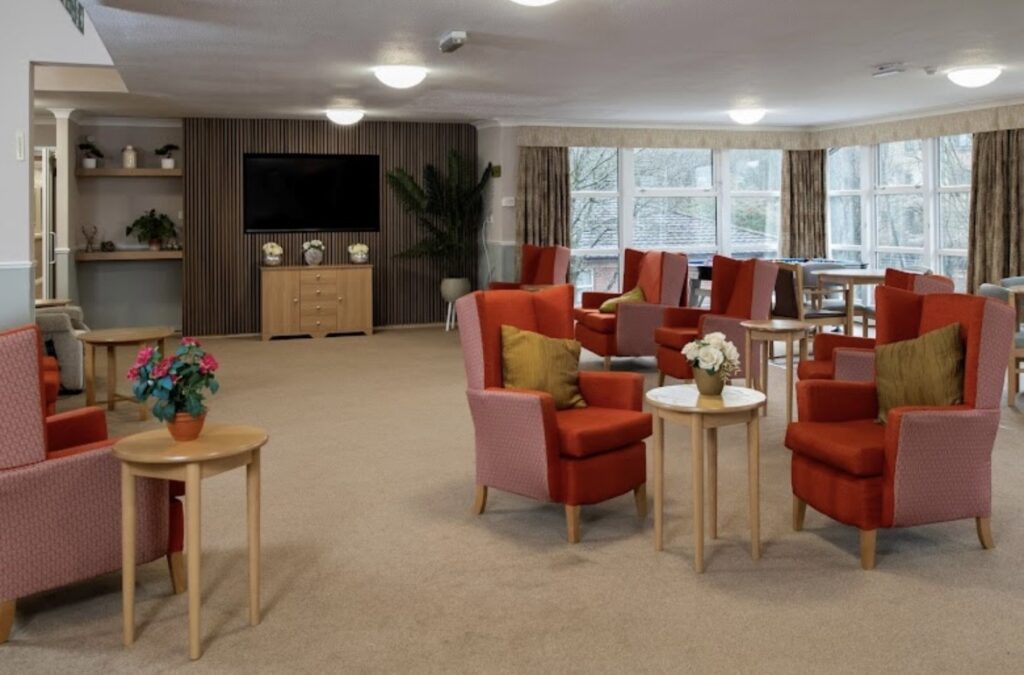
What's the Food Like?
Ask how meals are prepared, and whether the menu changes regularly. Check if the home caters to dietary needs - including allergies, cultural preferences, or vegetarian and vegan diets. You can also ask: Can families taste the food? Can residents choose what they eat?
Be sure to find out where eat - in their rooms or in dining areas - and whether they can dine with family members or friends during visits.
Can Residents Bring Their Own Furniture?
Moving into a care home is a big transition. Being able to personalise their room can help residents feel more at home. Ask: Can residents bring their own furniture, or is furniture provided? Can the furniture be arranged to suit the residents preferences?
Also check if the rooms have en suite facilities, pleasant views, accessible toilets, and wide doorways - especially if your loved one uses mobility aids.
What is the Visiting Policy?
The ability to stay connected to family members, friends, and the local community is crucial. Ask about visiting times, and whether there's flexibility for those who work during the day. Can loved ones stay overnight if needed? What are the rules around visitors during illness outbreaks or holidays?
Some homes also offer Home Link services - technology to support virtual visits if relatives live far away. Is there WiFi throughout the home for this purpose?
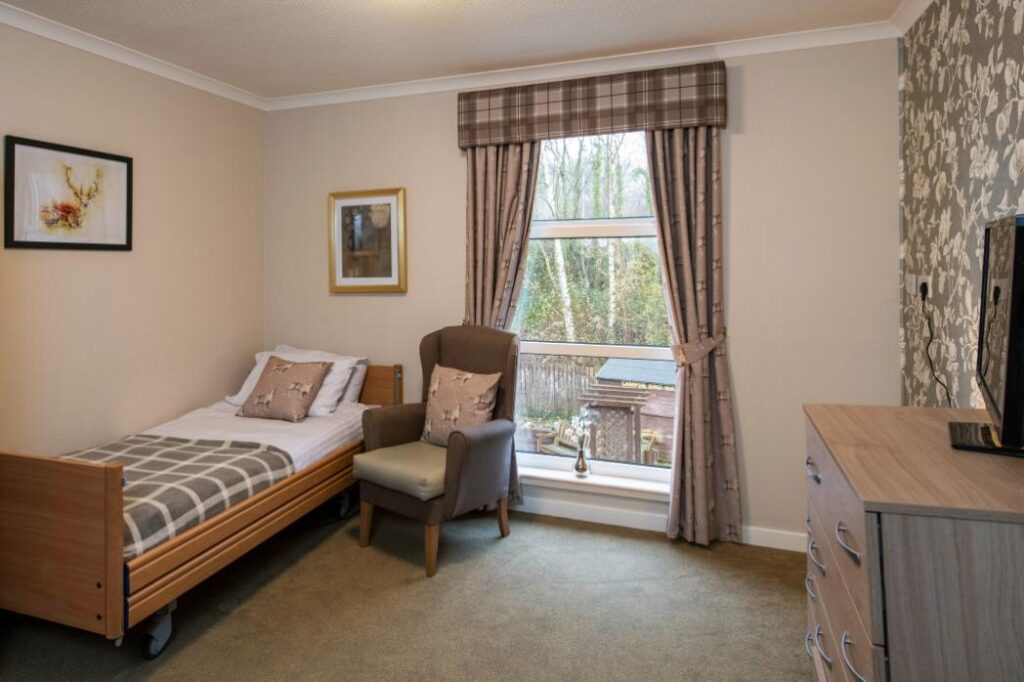
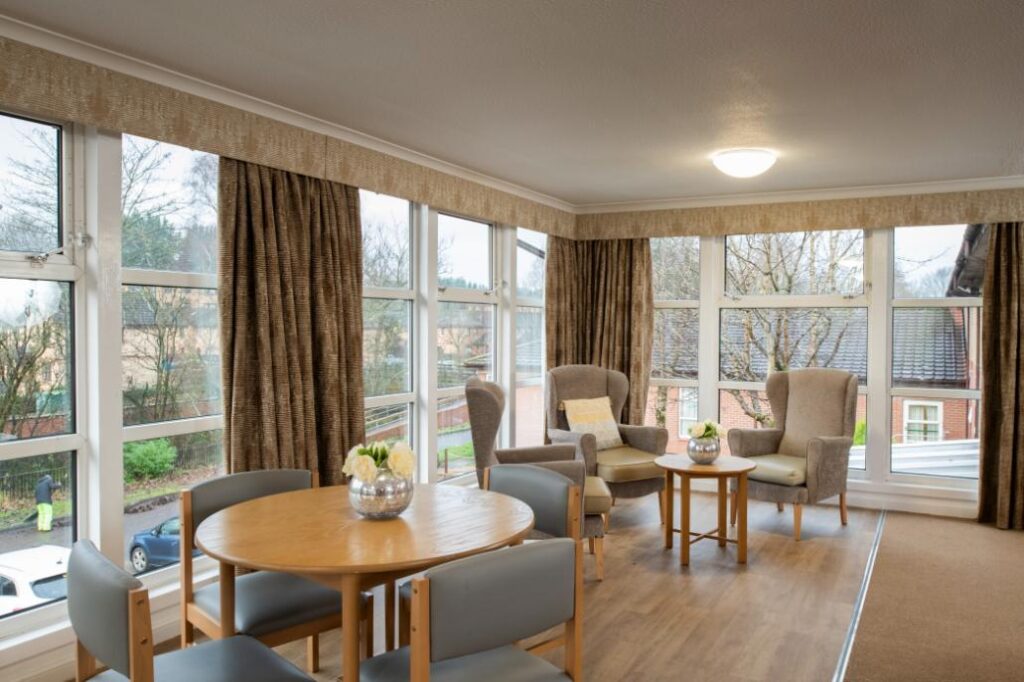
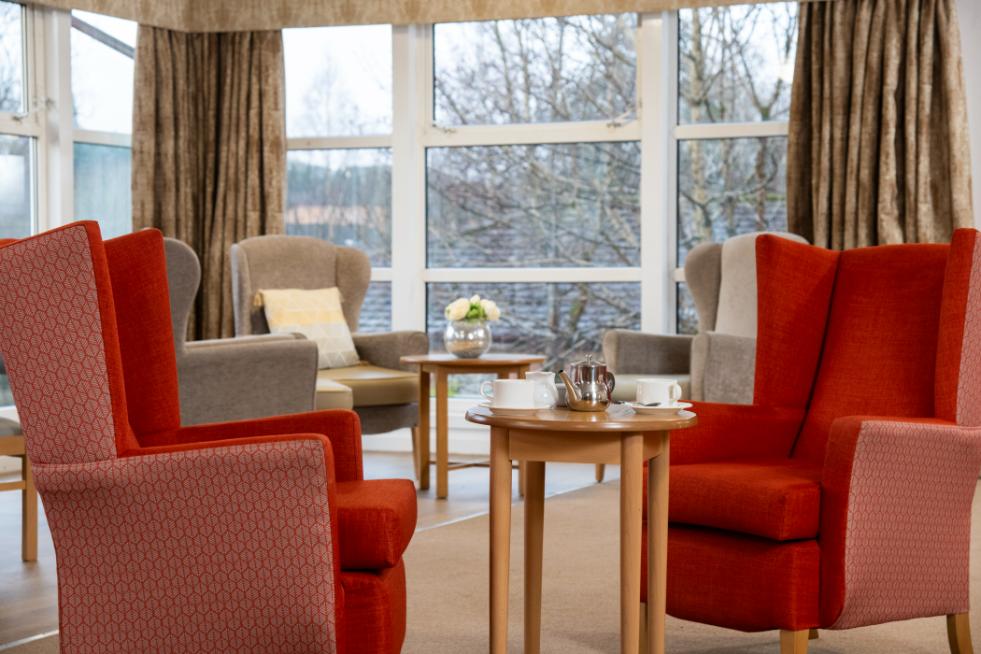
What Security Measures Are in Place?
Safety and security are non-negotiable. Ask about security measures such as staff training, secure entrances and exits, fall prevention protocols, and whether emergency call systems are available in every room.
You may also want to ask: Are staff trained in safeguarding? What's the process if a resident becomes unwell or there's an emergency?
How Are Finances Handled?
Understanding the fee structure and how care home fees are calculated is essential. Ask:
- What is included in the fees?
- Are fees reviewed regularly?
- How much notice is given before any fee changes?
- Are there any extra costs for other services, such as hairdressing, chiropody, or day trips?
Additionally, ask how the home supports residents in handling personal money. Is there a safe place for valuables? Are money runs or cash withdrawals facilitated?
If your loved one is funded by the local council, ask how that process works and whether a top-up is required.
What is the Admission Process?
If your loved one is seriously considering the home, ask: Is there a waiting list? Is a trial period available?
A trial period allows your loved one to stay temporarily before making a permanent decision. This is a great way to get a sense of daily life in the care home, and can usually be facilitated through a Respite care stay.
Also ask: How much notice is needed to move in, or to terminate the contract if things don't work out?
Can You Choose Your Own GP?
Some homes are linked to a specific GP practice, while other allow residents to remain with their current doctor. Clarify this early, especially if your loved one has a complex medical history or strong preference for their own GP.
Are Pets Allowed?
For many older adults, pets are family. Ask whether residents can bring pets or if the home has visiting therapy animals. Some care homes offer pet therapy sessions, which can be especially beneficial for residents with dementia.
What is the Role of the Care Home Manager?
The care home manager sets the tone for the whole home. Meet with them during your care home visit and observe their attitude, experience, and involvement in daily operations. A good manager will be transparent, knowledgeable, and passionate about providing high-quality care.
Ask how frequently they're on site and what their background in care is.
Is the Environment Welcoming?
First impressions matter. Take a close look at how the staff welcome you and your loved one. Are the communal areas clean, comfortable, and well-used by residents? Are there enough parking spaces for families? Is there outdoor space where residents can enjoy fresh air?
The right care home should feel friendly, safe, and engaging from the moment you arrive.
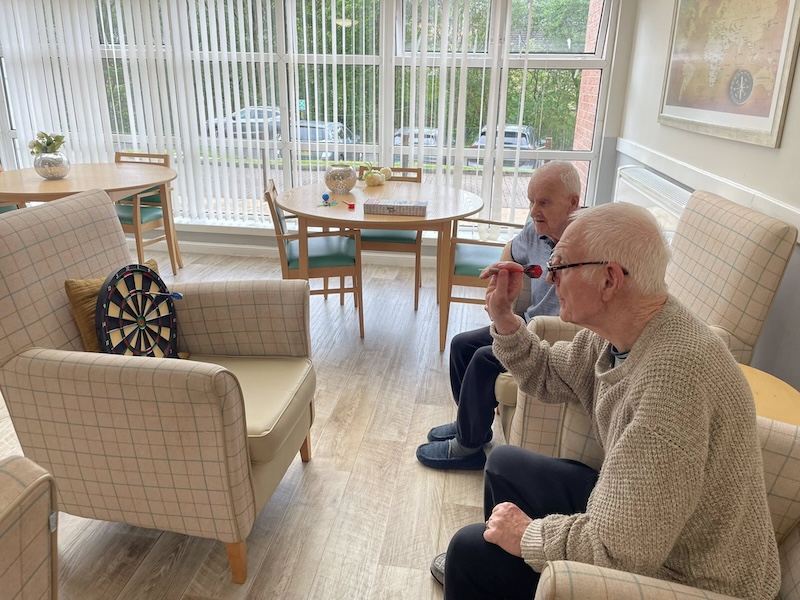

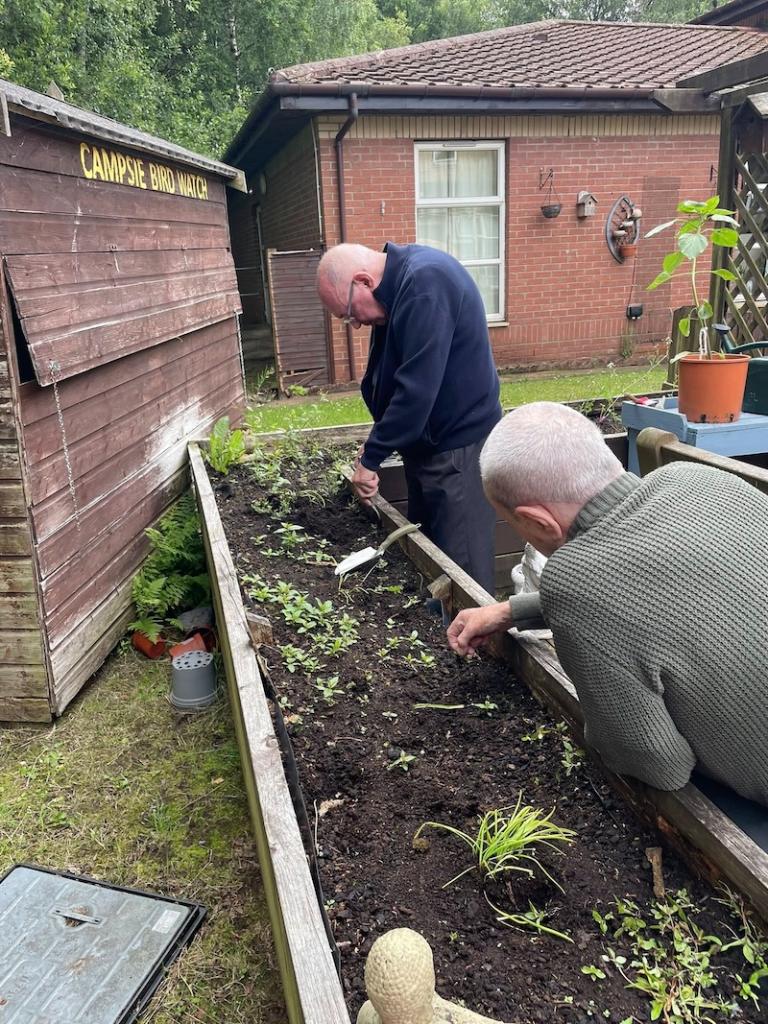
Are Residents Involved in Decisions?
Ask whether residents are encouraged to have a say in the running of the home. Can residents choose when to get up, what to wear, or when to join in activities?
Person-centred care focuses on individual preferences and autonomy. The more input residents have in their daily routine, meals, and social life, the more likely they are to thrive.
What Do Other Families Say?
A good care home will have nothing to hide. Ask if you can speak to other families or look at reviews. You can also check the Care Quality Commission (CQC) website to read inspection reports and see how the home is rated for care, safety, and management.
Are There Opportunities for Social Engagement?
A strong sense of community and belonging can have a profound impact on a resident's well-being. Ask how the home encourages friendships and whether there are structured opportunities for residents to interact through games, music sessions, group discussions, or small groups with shared interests. You might also want to know whether daily activities are varied and inclusive, and whether residents have a say in what's planned. Homes that promote social engagement help reduce feelings of loneliness and foster a more enjoyable daily life.
What Do Communal Areas Look Like?
The layout and atmosphere of communal areas can say a lot about how much emphasis a care home places on community. During your visit, look for signs that residents genuinely enjoy spending time there - are they chatting, reading, watching TV together, or participating in activities? Comfortable seating, accessible facilities such as accessible toilets, and relaxing, pleasant views are all signs of a thoughtfully designed space. These shared spaces should feel warm, welcoming, and homely rather than clinical or impersonal.
How Are Transitions Managed?
Moving into a care home can be emotional for both the resident and their family members. Ask how the home supports new residents during the transition period. Is there an orientation process? Are families involved in creating a personalised care plan? Some homes offer flexible arrangements where loved ones can stay overnight during the first few days, helping residents adjust to their new surroundings more smoothly. These little touches make a big difference in helping your loved one settle in.
What Happens in Case of Health Deterioration?
It's important to understand how the home handles situations where a resident's health declines or their care needs change. Ask whether additional support services, like physiotherapy or palliative care, can be accessed on-site. Is the care home equipped to provide end-of-life care, or would a transfer be required? Having clear answers to these questions now can save confusion and stress in the future, and ensure that the home can continue meeting your loved one's needs long-term.
What is the Home's Philosophy of Care?
Finally, take the time to ask about the care home's overall ethos and values. Does the team focus on promoting independence? Are residents encouraged to make their own choices and retain autonomy wherever possible? Is the approach holistic, considering emotional, spiritual, and social well-being as well as physical care? The right care home will do beyond simply meeting basic needs - it will aim to enrich the lives of its residents and make each day meaningful.
Making the Right Choice for Your Loved One
Visiting a care home is about more than just viewing the facilities. It's about understanding what life will be like for your loved one - whether it's the type of care offered, how meals are managed, or whether your family will be welcomed with open arms.
At Campsie View Care Home, we encourage families to ask as many questions as needed. We're proud of our warm environment, compassionate staff, and high-quality care. Whether you're exploring options for yourself or a senior member of your family, our team is here to support you every step of the way.
Campsie View Care Home Checklist
Bring this list with you during your next care home visit:
- What type of care is offered?
- What is the staff-to-residents ratio?
- What is the daily routine like?
- Are meals nutritious, and do they meet dietary needs?
- Can residents bring their own furniture and belongings?
- What's the visiting policy?
- What are the safety and security measures?
- How is personal money handled?
- How transparent is the fee structure?
- Is there a trial period?
- Are pets allowed?
- Is the care home manager accessible and experienced?
- Are staff trained and welcoming?
- Are there links to the local community and other services?
- What do other families and the CQC say?
- What social engagement opportunities are available to residents?
- How are transitions managed?
- What are the notice periods for joining or terminating residency?
- What happens in case of health deterioration?
- What is the care home's ethos and values?
Making the right choice takes time - but by asking the most important questions during a care home visit, you're taking a crucial step in ensuring your loved one receives the care and dignity they deserve.
Book a Visit to Campsie View Care Home Today
We invite you to see first-hand what makes Campsie View special. Contact our team to book a personalised tour, speak with our care professionals, and explore how we can cater to your loved one's needs.
Let's find the right care, together.

